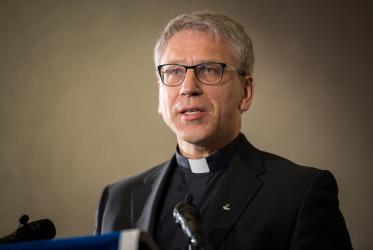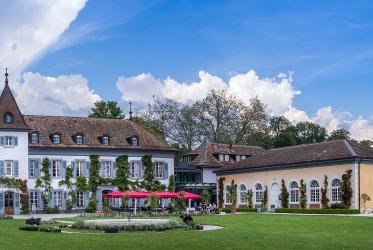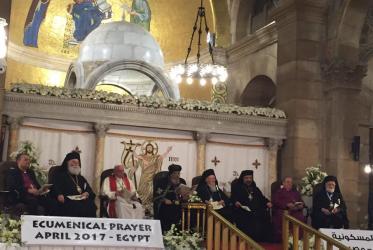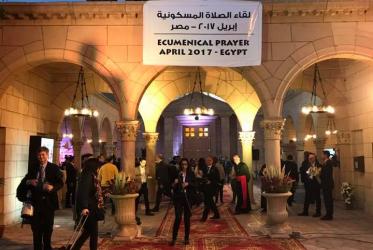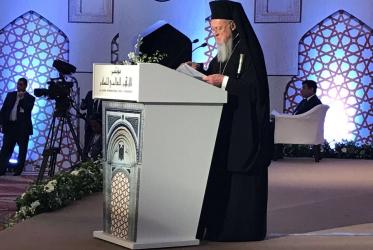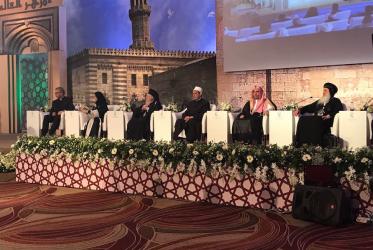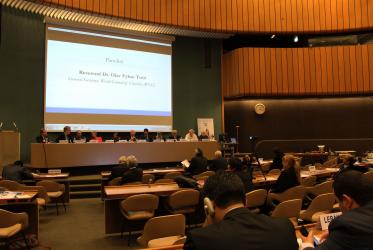Displaying 41 - 60 of 102
09 November 2017
Tveit: “We are called to embrace the gifts of the others”
07 November 2017
Coptic Pope and Oriental Patriarchs on historic visit in Germany
25 October 2017
Dialogue on sacred texts yields peace-building insights
31 August 2017
WCC students study what makes a peace communicator
18 July 2017
Women in development create space for hope in Egypt
15 June 2017
‘Love is stronger than hate’
02 May 2017
Historic ecumenical prayer in Egypt for peace and unity
30 April 2017
Islam and Christianity: finding the common ground
16 March 2017
WCC gravely concerned over Israel’s travel ban
09 March 2017
“What can we contribute as a worldwide fellowship?”
06 March 2017
What does ‘prudence’ mean for dialogue and peace-building?
16 November 2016
Grand Imam calls for collaboration against violence and poverty
06 October 2016
